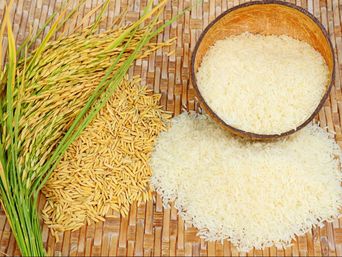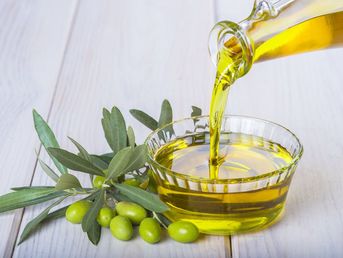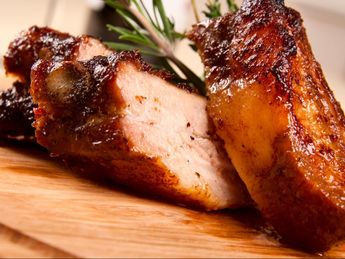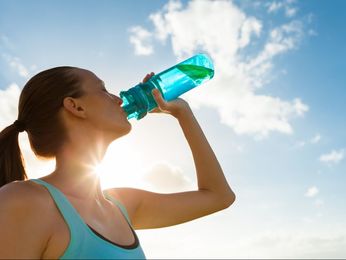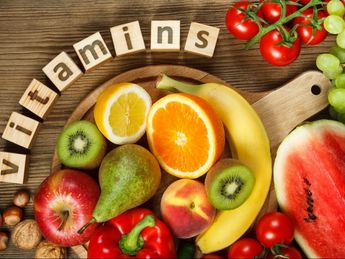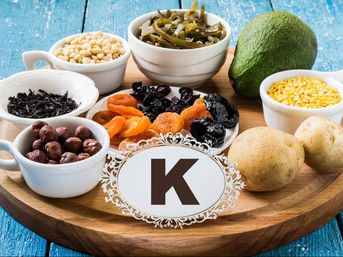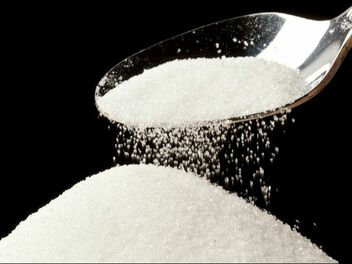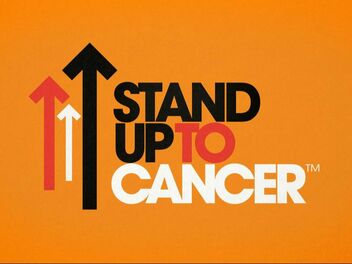Nutrition
No matter whether you are trying to lose weight, build muscle or simply want to live a healthier lifestyle the key to your success is nutrition. The foods that we eat provide our bodies with energy or Kilojoules (Kj), which are important for providing energy for daily activities. We need a wide variety of different foods to provide the right amounts of nutrients for good health, including protein, essential fats, vitamins and minerals to live, grow and function properly. Food energy is measured in kilojoules (kJ). The common term for this used to be ‘calorie’, but ‘kilojoule’ is the term that is now generally accepted in the world of fitness. This unit of measurement allows us to talk about how much energy a particular food contains and how much energy is burned up during exercise. There are 1,000 (small) calories in one (large) Calorie, which is why it is also sometimes known as a ‘kilocalorie’.
4.184 kilojoules = 4,184 joules = 1 Calorie = 1 kilocalorie = 1,000 calories
There are six classes of nutrients required for the body to function and maintain overall health. These are carbohydrates, lipids (fats), proteins, water, vitamins, and minerals.
The average adult requires approximately 8,700 Kilojoules (Kj) per day
For more information follow the links below.
4.184 kilojoules = 4,184 joules = 1 Calorie = 1 kilocalorie = 1,000 calories
There are six classes of nutrients required for the body to function and maintain overall health. These are carbohydrates, lipids (fats), proteins, water, vitamins, and minerals.
The average adult requires approximately 8,700 Kilojoules (Kj) per day
For more information follow the links below.
DISCLAIMER
Please note that this Web site is for information purposes only. Viewing this site, receipt of information contained on this site, or the transmission of information from or to this site does not constitute a doctor-patient relationship.
The nutritional information on this site is not intended to be a substitute for professional medical advice, diagnosis, or treatment. Always seek the advice of your doctor or other qualified health care provider with any questions you may have regarding a medical condition before training or changing your diet. Never disregard professional medical advice or delay seeking it because of something you have read on this Web site.
Please note that this Web site is for information purposes only. Viewing this site, receipt of information contained on this site, or the transmission of information from or to this site does not constitute a doctor-patient relationship.
The nutritional information on this site is not intended to be a substitute for professional medical advice, diagnosis, or treatment. Always seek the advice of your doctor or other qualified health care provider with any questions you may have regarding a medical condition before training or changing your diet. Never disregard professional medical advice or delay seeking it because of something you have read on this Web site.
